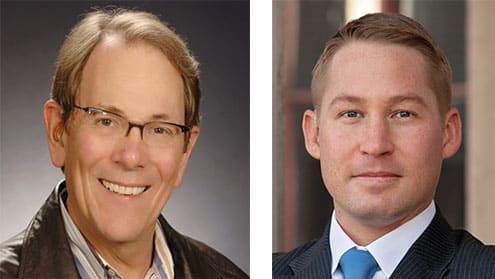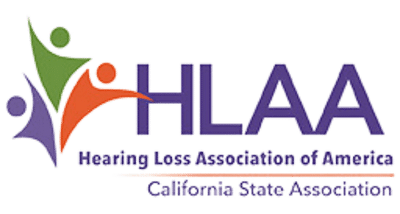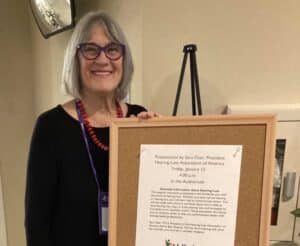 By John Waldo and Trevor Finneman
By John Waldo and Trevor Finneman

• Naming a Director of Disability Policy, which would provide a point of contact for those of us with disability-related issues. Our hope is that the Disability Rights Bar Association, to which both of us belong, will have substantial input in filling that role.
• A pledge to aggressively recruit people with disability for a range of leadership positions, not just those positions directly related to disability programs.
• Recognition that people with disabilities like hearing loss have particular needs and concerns in their interactions with law-enforcement, health-care professionals, and the educational system.
• Reviewing Medicare coverage guidelines to see if expansion is necessary, which could potentially include coverage for hearing aids (more on this below).
• Emphasizing the inclusion of people with disabilities in emergency preparedness planning. For example, this might include text message notification systems for use during emergencies.
• Using federal funding to increase accessibility on public transit. For the hearing loss community, this might include funding to install a visual notification system for upcoming stops and emergency announcements.
• And one pinpoint issue we’ll all really appreciate – requiring captioning (and ASL picture-in-picture option) for all in-flight entertainment.
Regulatory Agencies: The ADA empowers the Department of Justice (DOJ) to enact specific regulations that will implement the broad goals of the ADA, and this is where the rubber really meets the road. For example, the ADA requires “places of public accommodation” like movie theaters to provide “effective communication,” but it’s the regulations that require those theaters to provide a specific number of caption-viewing devices and offer closed captioning for every digital movie distributed with captions.
There are a couple of non-political items worth reporting. As many of you may know, a petition was circulated over the summer asking online meeting platforms to make captioning available at no cost. That petition was aimed largely at Zoom, because Google and Microsoft do offer free captioning, whereas Zoom only makes it available on its pay-for packages, a situation that struck many as being tantamount to asking people in wheelchairs to pay for the ramps they need to enter businesses.
trevor.finneman@alfilaw.com


